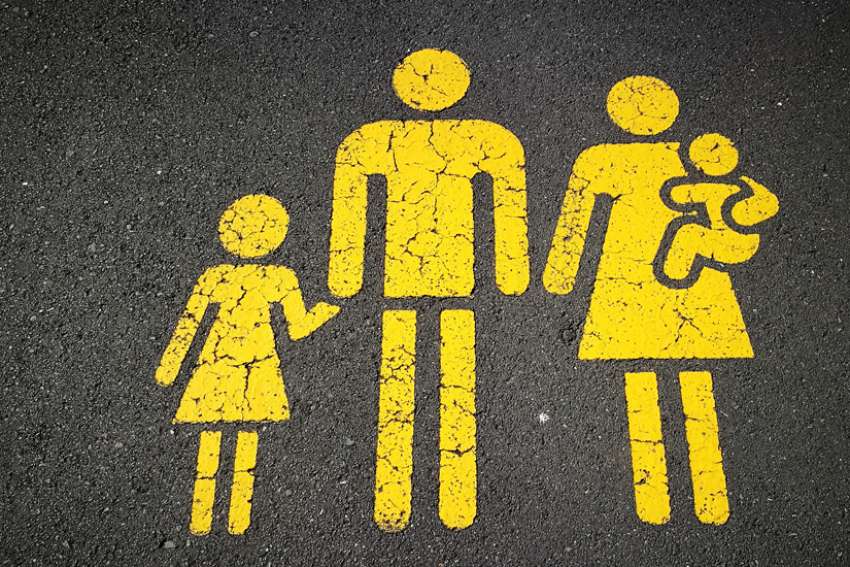The Transition Child Benefit program was created for families on social assistance — Ontario Works (OW) or the Ontario Disability Support Program (ODSP) — who don’t receive support from the Canada Child Benefit or Ontario Child Benefit programs.
The Transition Child Benefit, which provides $230 a month for each child under 18 years, was created in 2008. At that time, social assistance rates were re-adjusted in response to the newly-launched Ontario Child Benefit and payments from the National Child Benefit Supplement.
As a result, some families’ monthly incomes dropped, their child benefits were decreased or they became ineligible to receive child benefits. The Transition Child Benefit ensures that the basic needs of these children — along with children in families new to Ontario and those in temporary situations such as recent job loss or awaiting benefits for a newborn — are covered.
The largest group of children who will suffer the most from the program’s scheduled Nov. 1 termination are refugee claimants who are not eligible to receive the Canada Child Benefit or Ontario Child Benefit.
Front-line immigration settlement workers in Waterloo and London and a City of Toronto memo warn that refugee families may be forced to turn to emergency shelters and food banks because they simply won’t have enough income to meet their basic needs.
There was a foreshadowing of the program’s fate on page 194 in the 2019 Ontario Budget: “The government is planning to make changes to Temporary Care Assistance and the Transition Child Benefit to streamline the system and improve equity between those who receive social assistance and other families with children.”
While streamlining the system is not a bad goal, nothing was created or re-structured to replace the support that the Transition Child Benefit provided for vulnerable children.
Refugees, children, the poor, the disabled and many others are bearing the brunt of wide-ranging cutbacks to programs and services that meet their basic needs, resulting in a society that is becoming increasingly inequitable, unfair and unjust.
Cutbacks are necessary to reign in budgets. The key is to be very aware of the values guiding both funding and cutback decisions as well as policy measures.
For instance, around the same day as the Transition Child Benefit termination became public, the government tabled legislation on May 27 that would enable corner stores to sell beer and wine.
But to do this, the government must break a contract with three major beer companies. Sources in the beer industry told CBC News they plan on pursuing legal action that could cost the province “hundreds of millions of dollars.”
“Open for business” and “Buck-a-beer” are values that drove this move to break the Beer Store monopoly, risking the loss of a huge amount of money that could otherwise be invested in our low-income children and ease the suffering of refugee families.
On the day of the Ontario budget’s April 11 release, the Toronto Sun published a column by NDP finance critic Sandy Shaw on a number of government appointments, corporate handouts and tax cuts for the wealthy, costing the public purse several hundred million dollars.
Perhaps targeting children, refugees and the poor for cutbacks rather than the rich, powerful or even comfortably middle-class is an easy way for the Ontario government to reduce its deficit.
But that’s not the Christian way. Jesus was a child. Jesus was a refugee. His Word — and scores of encyclicals and other Catholic Church teachings — exhorts us to protect the vulnerable. This needs to form the bedrock of how we spend and save our money.
(Majtenyi is a public relations officer who specializes in research at an Ontario university.)


